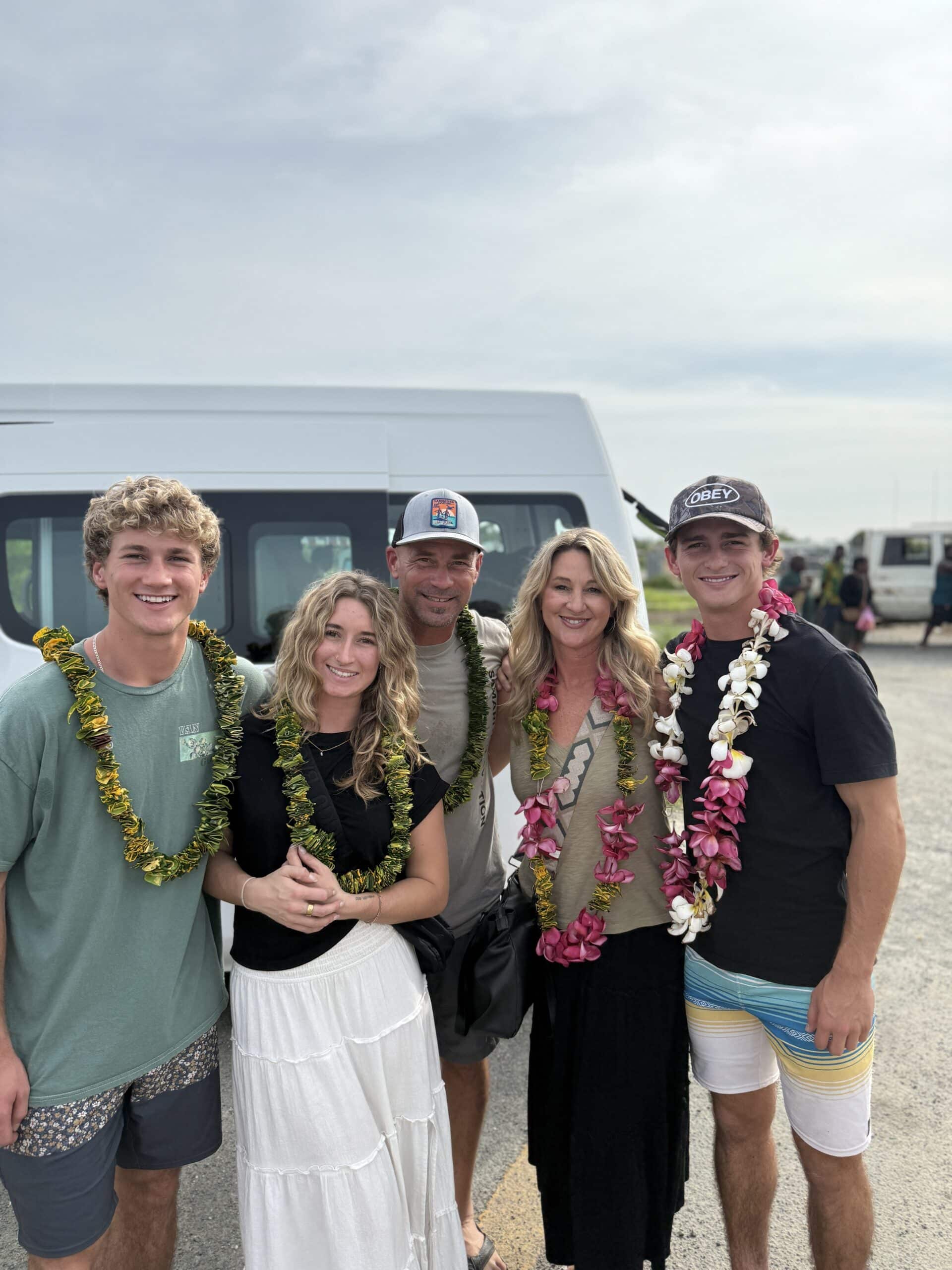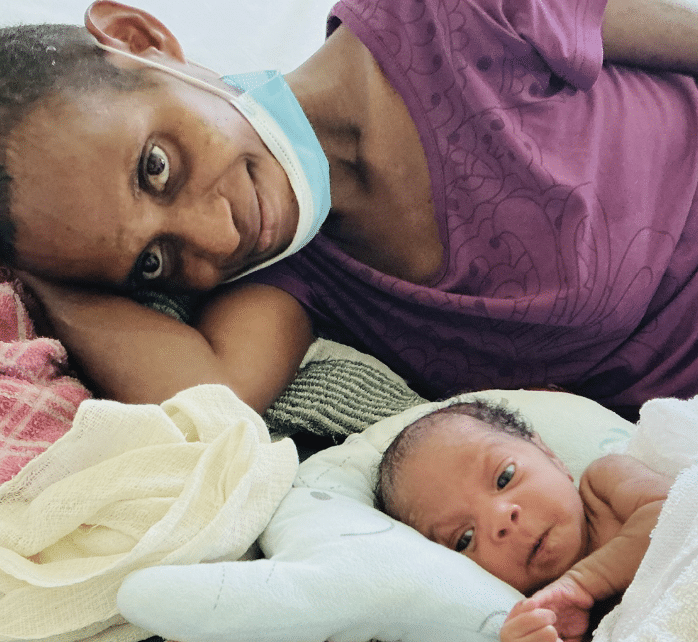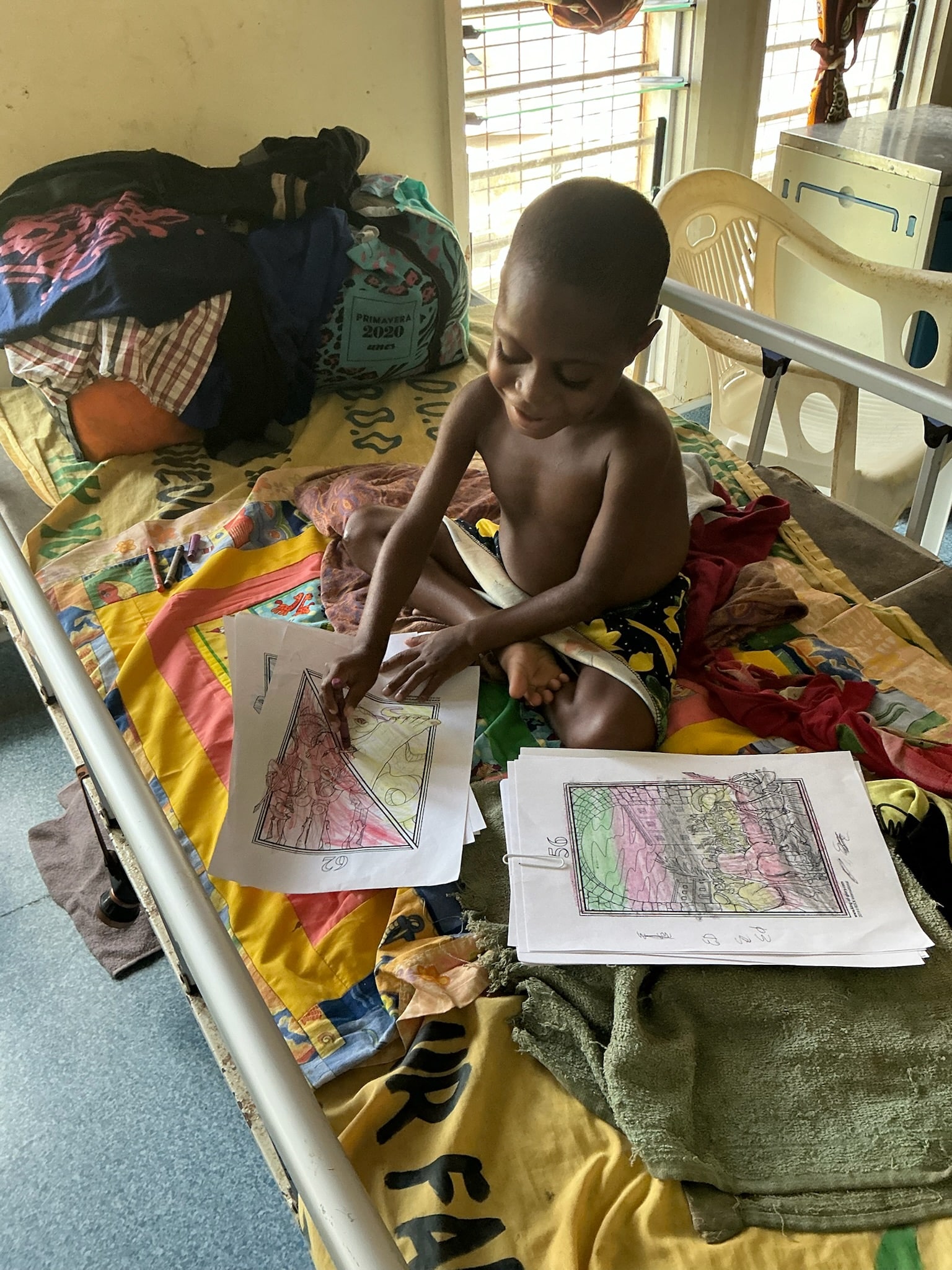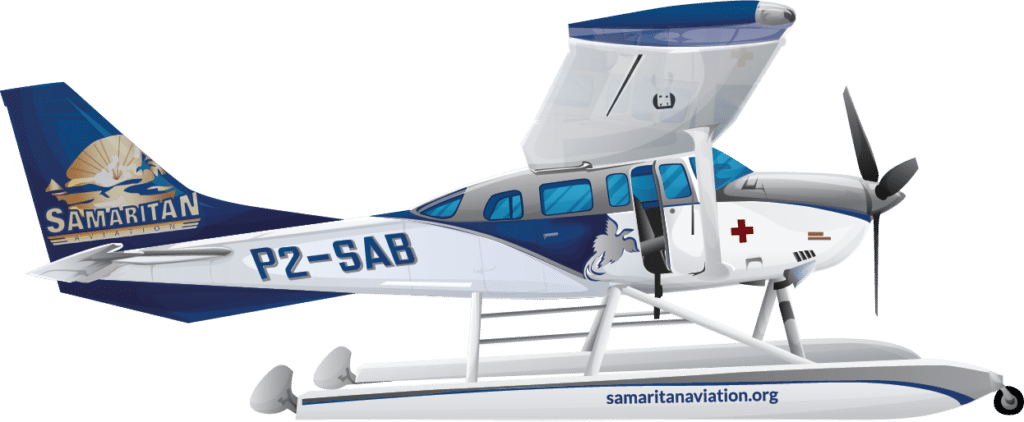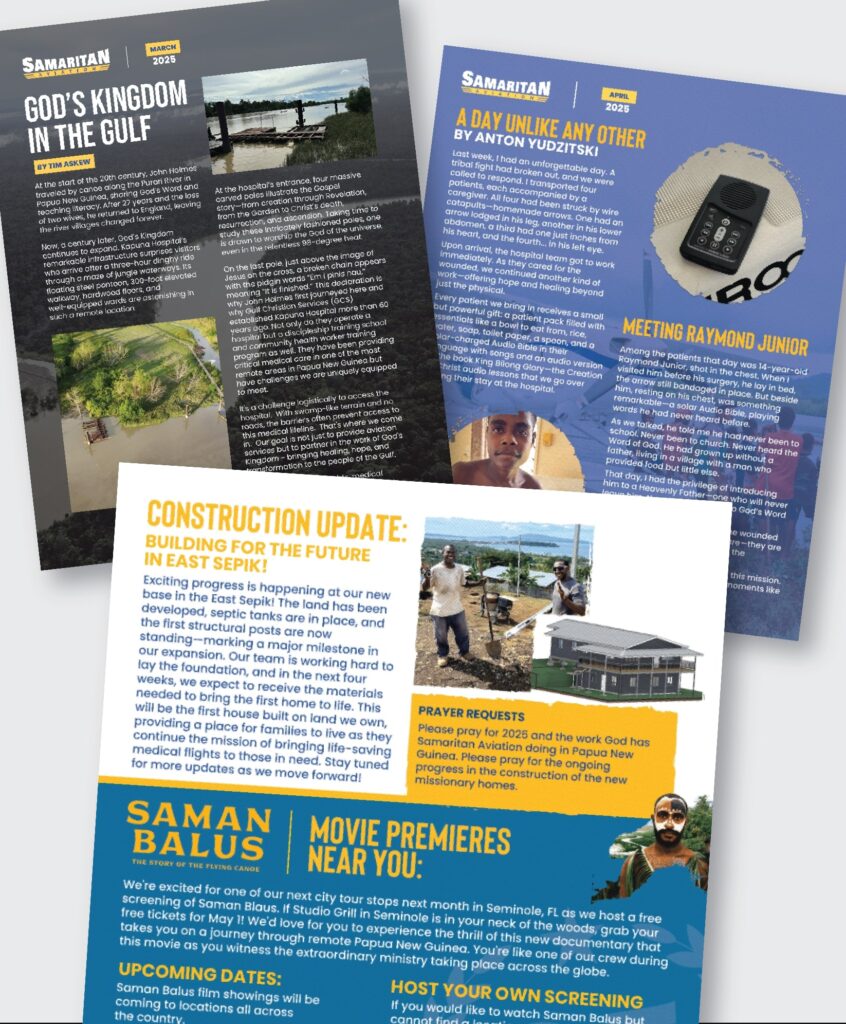It was a somber day on the shores of a remote village in Papua New Guinea. The entire community had gathered, mourning what they believed were Alouisa’s final hours as a mother struggling to give birth to twins.
There was no medical help nearby. No hope for survival.
Then we got the call. And we responded.
Through the villagers’ cries and wails, the sound of the seaplane grew louder. As we landed on the river, our team moved quickly and carefully to bring her on board and fly her to the hospital in Wewak.
Everyone, including Alouisa’s husband, believed it was too late. As the Samaritan seaplane lifted off, the grieving continued on the shoreline.
Four days later, her husband arrived at the hospital, burial clothes in hand. He was prepared to bring Alouisa’s body home to be laid to rest.
To his utter shock, he was greeted instead by a healthy mother and two newborn twins.
But his initial response wasn’t joy. It was anger.
“I am such a bad man,” he said. “I have done such bad things. I do not deserve for my wife to live.”
Our team sat with him and shared the truth of the Gospel: that while we were still sinners, Christ died for us. Not because we earned it, but because of His love and grace.
That day, he gave his life to Jesus.
When he returned home, accompanied by his wife and twin babies, he didn’t just bring back a miracle. He brought back the message of the Gospel. And in the days that followed, that message continued to spread, planting seeds of faith throughout the village.
This is why we do what we do. Every flight is more than a rescue. It’s an opportunity for spiritual transformation that ripples through communities across Papua
New Guinea.
Glory to God for the eternal impact that comes through compassion in action.

